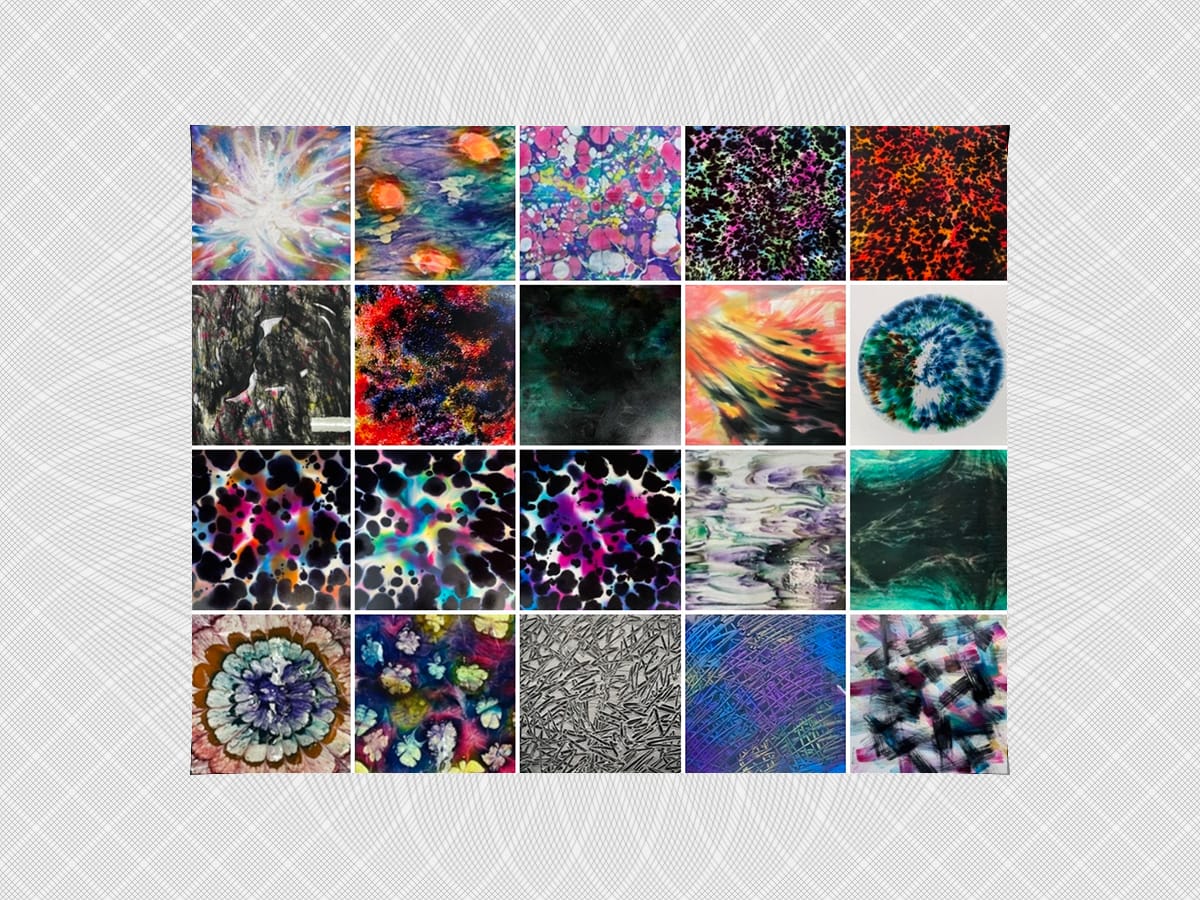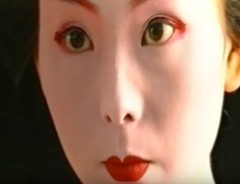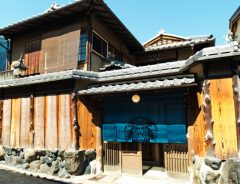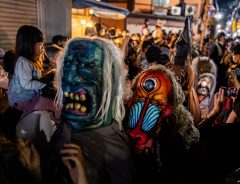
Source: © PR Times, Inc.
Hand-drawn traditional Kyoto Yuzen textile patterns are turned into NFT products
Related Article
-

Nagano farmers and restaurants team up to provide home vegetable meals during pandemic
-

This Calming Video Of A Maiko Painting Her Face Will Mesmerize You
-

Sip Coffee On Tatami Mats Inside A Century-Old Building At Kyoto’s Traditionally Japanese Starbucks
-

Japan’s honor system unstaffed produce stands get a stylish upgrade
-

Japan’s Night Parade of One Hundred Demons returns in terrifying force after three year hiatus
-

Japanese hotel plan gives a whole new way to enjoy your stay through the charm of local communities[PR]


Established in 1975 as a dyeing consignment processing business, Art-Uni アート・ユニ dyes textiles for apparel and interior using the traditional Kyoto Yuzen technique.
Their innovative hand-drawn designs have attracted designers from high fashion brand products and are often featured on runways around the world. The company's originally developed Saiketsuzome 彩纈染め, in particular, is highly acclaimed in the fashion industry, including the big maisons.
Always seeking innovation, Art-Uni has taken on the challenge of bringing Kyoto's traditional crafts to the world in a new way, announcing that it will begin selling carefully selected textiles from its thousands of past creations as well as new works on the NFT (non-fungible token) market. By March 2022, 1,000 NFT products will be listed on the NFT marketplace OpenSea.
Possibilities of dyeing technology in NFT
Normally, when dyeing fabrics, the bleeding that occurs after dyeing, called naki なき, is factored in before production. Digitally produced textiles have the potential to express the change in subtle colors that occur before the fabric dries.
Prospects for entering the NFT market
With an eye on the metaverse, Art-Uni will explore the possibilities of clothing, furniture, wallpaper, and other items in AR space. They also hope to convey the appeal of using actual dyeing in the process of creating digital works by holding exhibitions and sales events in the real world.
Some of the NFT products currently available on OpenSea
Moreover, since OpenSea sets royalties, even once an NFT product is no longer in the creator's hands, a small percentage of the value will return to the creator each time it is distributed (resold) in the secondary market. Art-Uni hopes to use this system to train the next generation of Yuzen textile craftspeople.
Art-Uni CEO Kiyoshi Nishida 西田清
Links